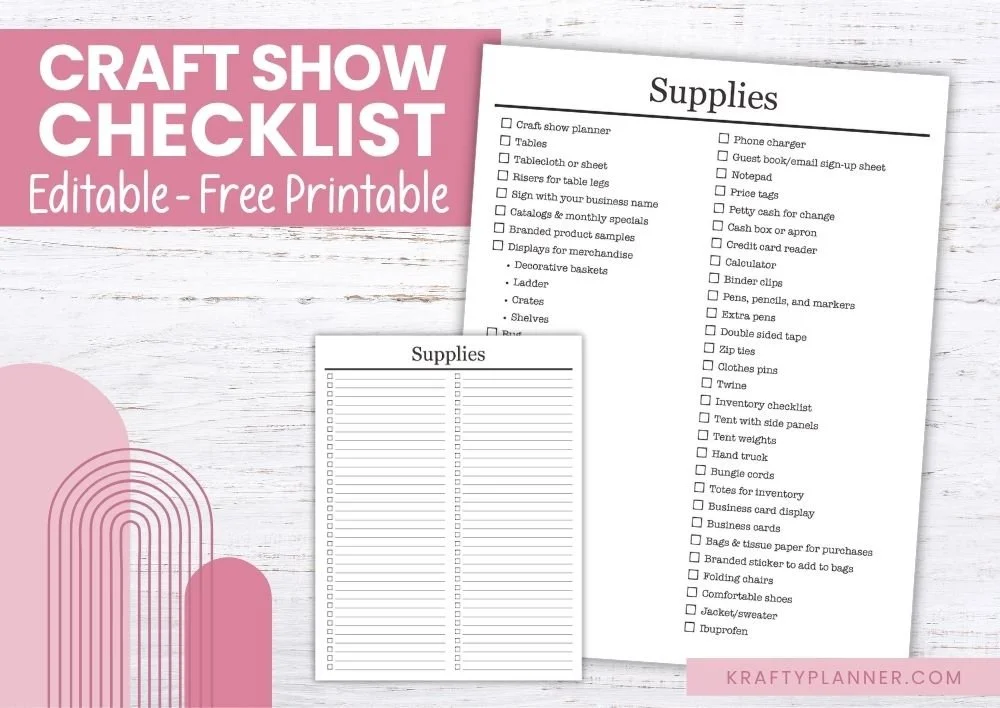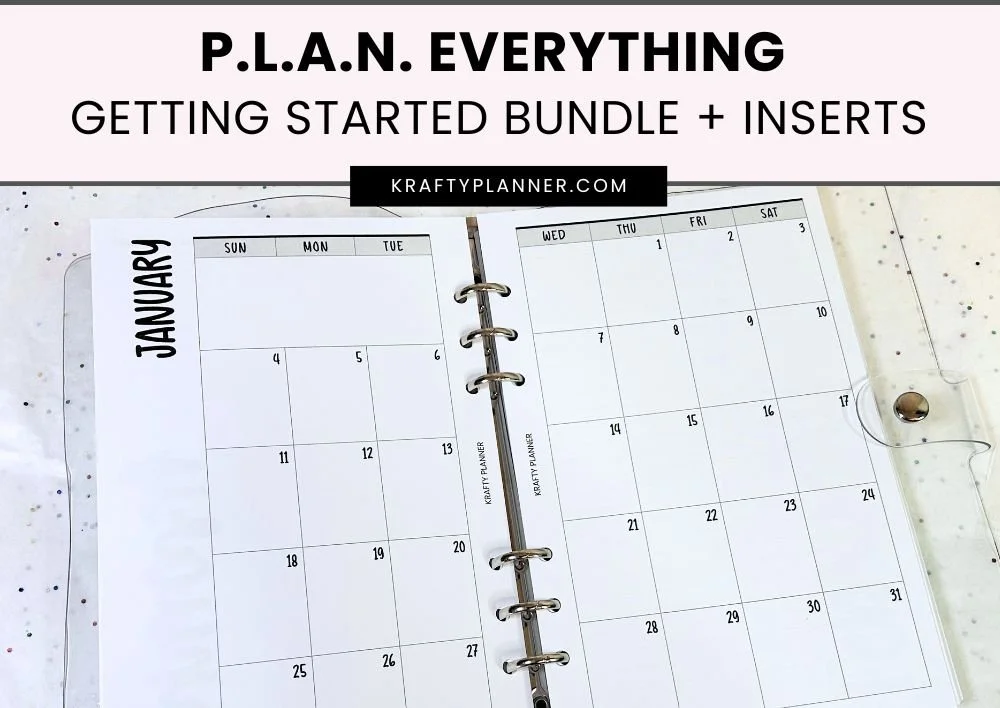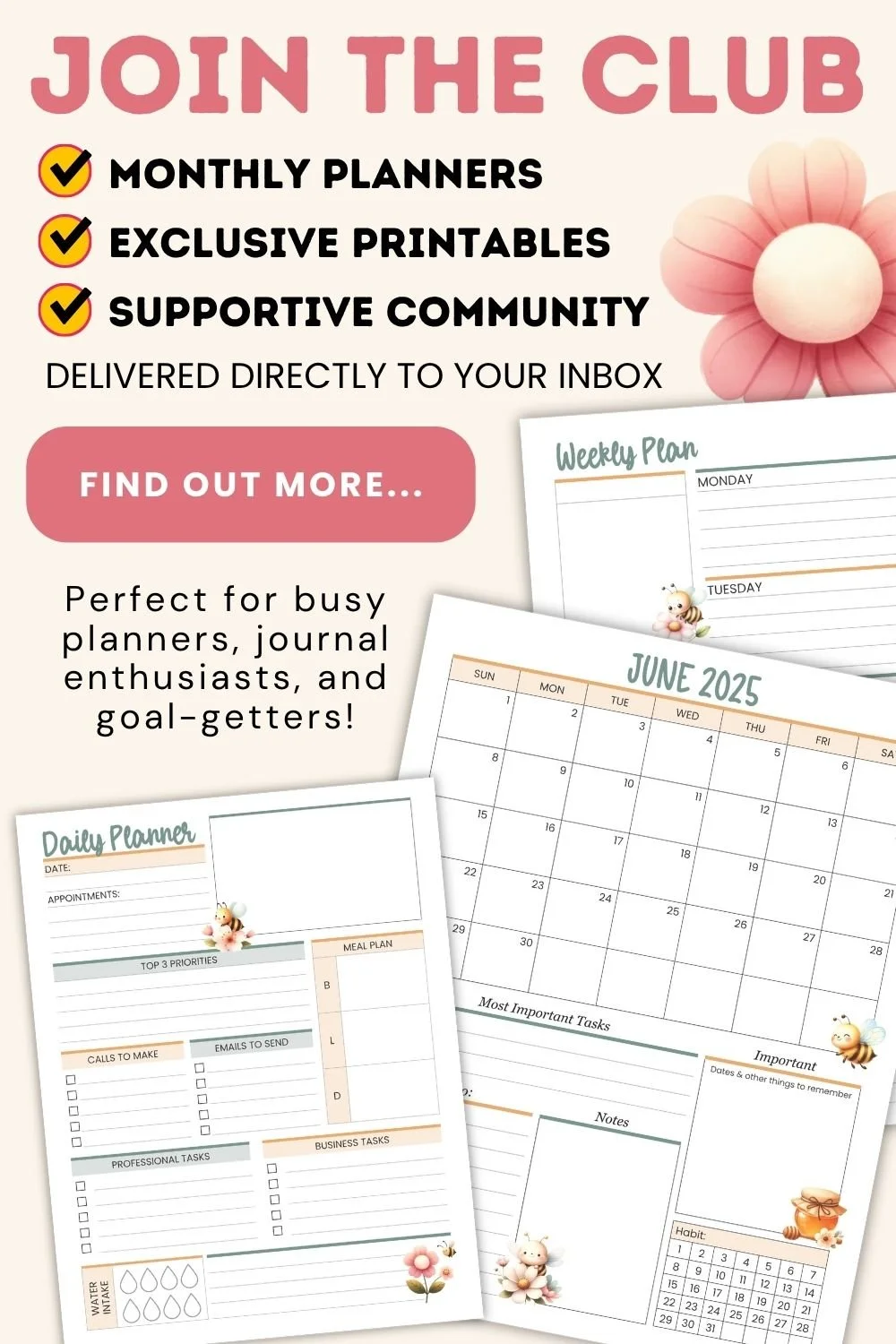Complete Moving Checklist: Everything to Do Before You Move
Getting Started with Your Move
Planning ahead is key to a smooth move. A moving binder, budget, and set date will help you stay organized and on track.
Creating a Moving Binder
Start by putting together a moving binder. This will be your go-to resource for all move-related info. Get a sturdy binder and some dividers.
Make sections for important papers, quotes, and contacts. Add plastic sleeves to keep things neat.
Include a moving checklist to track your progress. Add a calendar to mark key dates. Keep all your moving estimates in one spot for easy comparison.
Put in a section for receipts to help with your budget. Don't forget a place for your new address and important phone numbers.
Setting a Moving Budget
Figure out how much you can spend on your move. Look at your savings and income to set a realistic budget.
List all possible moving costs. Think about boxes, tape, movers, truck rental, and travel expenses. Don't forget hidden costs like storage or pet boarding.
Get quotes from several moving companies. Compare prices for different services. Add a cushion for unexpected expenses.
Track your spending as you go. Use a spreadsheet or app to stay on budget. Look for ways to save, like finding free boxes or asking friends to help.
Selecting a Moving Day
Pick a date that works best for you. Think about your job, school, and family schedules. Weekdays are often cheaper for moving services.
Check if you need time off work. Request it early to avoid conflicts. Consider the season - summer is busy for movers and might cost more.
Look at your lease end date if you're renting. Make sure your new place is ready on your chosen day. Give yourself some wiggle room between move-out and move-in dates.
Once you pick a day, book your movers or rental truck right away. Popular dates fill up fast. Don't forget to schedule your USPS change of address form to start a week before your move.
Hiring Professional Movers
Finding the right moving company can make your move much smoother. Here are some key things to consider when hiring movers.
Researching Moving Companies
Start by looking for moving companies in your area. Ask friends and family for recommendations. Check online review sites to see what other customers say. Look up each company on the Better Business Bureau website. This shows if they have any complaints.
Make sure the movers are licensed. For moves between states, check if they have a U.S. Department of Transportation (USDOT) number. You can look this up on the USDOT website. For in-state moves, check your state's requirements.
Create a list of 3-5 companies that look good. Write down their contact info and USDOT numbers if they have them.
Getting Quotes and Reviews
Contact each company on your list for a quote. Most will do an in-home or video estimate—show them everything you plan on moving. This helps them give you an accurate price.
Ask about any extra fees. Some companies charge for stairs, long walks from the truck, or packing materials. Be sure to inquire about cheap movers hourly rates to compare pricing structures and find the best value for your needs.
Get at least three quotes in writing. Compare the prices and services offered. Remember, the cheapest option isn't always the best.
Read online reviews for each company. Look for comments about their reliability, care with belongings, and if they stuck to their quote.
Understanding Insurance Coverage
Ask each company about their insurance options. Basic coverage is usually included, but it may not be enough.
Full value protection covers the full cost to repair or replace your items. It costs more but gives you better protection.
Released value protection is free but only covers about 60 cents per pound per item. This might not be enough for valuable items.
Check if your homeowners or renters insurance covers moves. Some policies do.
Ask the movers to explain their claims process. Know how to file a claim if something gets damaged or lost.
Packing and Organizing
Getting your stuff packed and organized is a big part of moving. Good packing helps keep your things safe and makes unpacking easier. Here are some key steps to pack like a pro.
Gathering Packing Supplies
Get the right supplies before you start packing. You'll need:
Boxes of different sizes
Packing tape
Bubble wrap
Packing paper
Markers
Labels
Buy more boxes than you think you'll need. It's better to have extra than to run out. Get sturdy boxes that can handle heavy items. Look for free boxes at stores or ask friends who've moved recently.
Don't forget other helpful items:
Mattress bags
Furniture pads
Packing peanuts
Box cutter
Having these supplies ready will make packing much easier and faster.
Labeling and Inventory Management
Label every box clearly. Write which room it goes to and what's inside. Use color-coding to make it even easier:
Blue for bedroom
Red for kitchen
Green for the living room
Make an inventory list as you pack. Write down what's in each box. This will help you:
Keep track of your stuff
Find things quickly when you unpack
Know if anything is missing
Number your boxes and match them to your list. Take photos of valuable items before packing them. This can help with insurance claims if needed.
Packing Valuables and Perishables
Pack valuable items with extra care. Use lots of bubble wrap for fragile things. Keep important papers and jewelry with you, not in the moving truck.
Some items to pack carefully:
Family heirlooms
Expensive electronics
Important documents
Jewelry and watches
For perishable foods, eat what you can before moving. Donate unopened non-perishables to a food bank. Pack a cooler with items you'll eat soon after moving.
Be careful with:
Plants (many movers won't take them)
Cleaning supplies
Batteries
Anything flammable
Pack these items separately and move them yourself if possible.
Address and Service Changes
Moving means updating your address and transferring services. It's crucial to notify important parties and set up utilities at your new place. Here's what you need to do:
Filing a Change of Address
Start by filing a change of address with the post office. You can do this online or in person. The post office will forward your mail to your new address for up to 12 months.
Make sure to fill out the form correctly. If you're the only one moving, check "individual" move. For a family, select "family" move.
Don't forget to update your address with:
Banks and credit card companies
The IRS
Your employer
Subscription services
Transferring Utilities and Services
Contact utility companies to set up services at your new home:
Electric
Gas
Water
Internet
Cable TV
Call at least two weeks before your move. This gives companies time to schedule any needed installations.
Ask about transferring your current services if you're moving within the same area. It may save you money on setup fees.
Notifying Important Parties
Let these groups know about your move:
Doctor's offices
Schools
Voter registration office
DMV (there may be a fee to update your driver's license)
Insurance companies
Update your address for any online shopping accounts. This ensures your packages arrive at the right place.
Don't forget about subscriptions for magazines or subscription boxes. Change your address or cancel if needed.
Lastly, tell your friends and family! A quick text or email can keep everyone in the loop about your new home.
Final Preparations
As your moving day gets closer, it's time to focus on the last details. These tasks will help ensure a smooth transition to your new home.
Conducting a Final Walk-Through
Do a final check of your new place before moving in. Look for any issues that need fixing. Test all lights, faucets, and appliances. Make sure agreed-upon repairs are done.
Check that all items included in the sale are there. Take photos to document the condition. If you're renting, do this with your landlord. Point out any problems you see. This walk-through protects you from future disputes.
Cleaning and Repairing Your Old Home
Leave your old place in good shape. Clean every room thoroughly. Vacuum carpets and mop floors. Wipe down surfaces and appliances. Fix any small damages like nail holes or scuff marks.
If you're renting, this helps get your security deposit back. For homeowners, it's a courtesy to the new owners.
Consider hiring cleaners if you're short on time. Don't forget to remove all your belongings from closets, drawers, and outdoor areas.
Preparing for Moving Day
Get ready for the big day. Pack a box of essentials you'll need right away. Include toiletries, changes of clothes, and basic tools.
Keep important papers and valuables with you. Charge your phone and have cash on hand for tips or unexpected costs.
If you're using movers, confirm the time and details. Clear paths in your home for easy furniture removal. Protect floors and doorways from damage. Plan for kids or pets to be out of the way.
Get a good night's sleep - tomorrow's a big day!
Settling into Your New Home
Moving in is exciting! Now it's time to make your new house feel like home. Let's go through some key steps to get settled and comfortable.
Unpacking and Home Arrangement
Start with essentials like bedding and toiletries. Set up your bedroom first so you have a cozy place to sleep. Then move on to the kitchen. Unpack dishes, pots, and pantry items.
Put furniture in place room by room. Try different layouts to see what works best. Don't rush - take your time to create spaces you love.
Set up your TV and internet. Call your service provider if you need help. Hook up your washer and dryer too.
Unpack boxes marked "Open First" next. These usually have important items you'll need right away.
Engaging with Your New Community
Meet your neighbors! Say hello when you see them outside. You might even bake cookies to share.
Find local shops and services. Look for:
Grocery stores
Pharmacies
Doctors and dentists
Dry cleaners
Pet care (if you have pets)
Join community groups or clubs that match your interests. This is a great way to make friends.
Check out nearby parks, libraries, and community centers. These are fun places to spend time and meet people.
Look into local events and festivals. Attending these can help you feel more at home in your new town.
Here are a few more posts you might like:
Free Printable Library Book Tracker: Keep Tabs on Your Reads
Effective Monthly Reviews: Questions to Keep You Accountable
See my Link Party Directory for a current list of blog parties I attend each week.
FOR PERSONAL USE ONLY – Please Read Freebies Terms of Use
(This post may contain affiliate links. For more information, see my disclosures here)
~ SHARE THIS POST ~
Did you like this post? Do you know someone else who might enjoy it? Please take a minute to share it on Pinterest, Facebook, or your favorite social media… Thank you!



















